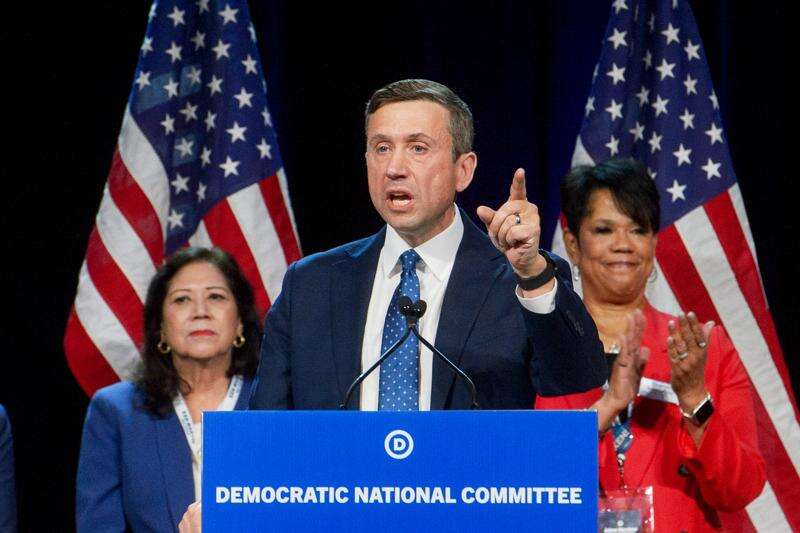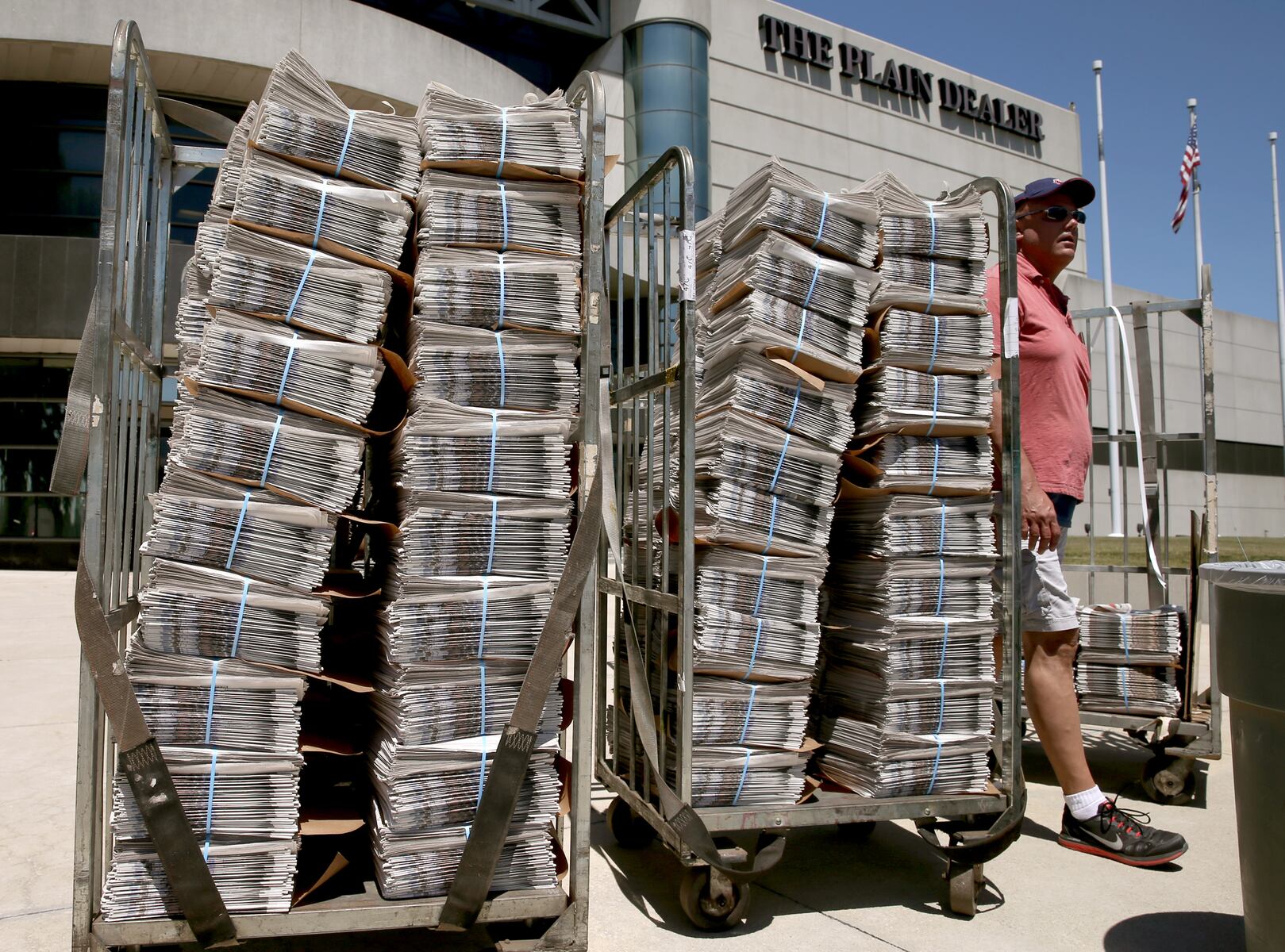Urgent Cuts to Federal Grants Threaten Maryland Universities’ Future

UPDATE: Maryland universities face an unprecedented funding crisis as nearly $119 million in federal grants have been slashed this year, signaling a dramatic shift in the higher education landscape. This alarming decline, confirmed by the Center for American Progress, has left researchers scrambling for financial stability and threatens ongoing projects.
The University System of Maryland’s Vice President for Research, Patrick O’Shea, highlighted the dire situation, stating, “Our failure was a lack of diversity in funding.” With the loss of federal support, the institutions that once thrived on these funds are now navigating an uncertain future.
On October 10, 2023, researchers from the University of Maryland, College Park, held a virtual town hall to express their fears about the implications of these cuts. One prominent voice, Marc Pound, a research scientist in the Astronomy Department, shared his distress: “I don’t see how I can keep working at the university if my grant is clawed back.” He, along with many colleagues, has been actively seeking assistance from Senator Chris VanHollen, but the recent government shutdown has complicated their efforts.
The ramifications are not limited to the University of Maryland. Johns Hopkins University, a leading research institution, reported a staggering loss of $800 million in funding from the U.S. Agency for International Development earlier this year. In response, the university has created resources to assist faculty navigating these tumultuous waters, offering grants up to $150,000 for affected researchers.
Meanwhile, Morgan State University in Baltimore faced the rescission of 22 grants worth a total of $13.5 million, with the institution losing $3.6 million in future payments. Despite these challenges, Morgan State remains optimistic, as spokesman Dell Jackson stated, “We are not dissuaded from being the next major research institution.”
The crisis is fostering a climate of fear and uncertainty among faculty. Many professors, preferring anonymity, voiced their concerns about a politicized environment and the lack of support from university administration, including basic safety measures. Valerie Orlando, a tenured professor, expressed solidarity with her non-tenured colleagues during the town hall, emphasizing the attack on academic freedom.
As funding sources dwindle, O’Shea reassured stakeholders: “We are working hard to help them stabilize, pivot, and grow.” He remains confident that Maryland’s universities, which have withstood the test of time, will adapt to these changing circumstances.
The urgency of this funding crisis cannot be overstated. As Maryland universities grapple with the fallout from these cuts, the academic community watches closely to see how they will navigate uncharted territory. The implications for research, job security, and educational integrity are profound and immediate.
As this situation develops, stakeholders are urged to stay informed and engaged. The future of Maryland’s higher education institutions hangs in the balance, and action is needed now more than ever. For updates, contact Karl Hille at 443-900-7891 or [email protected].






